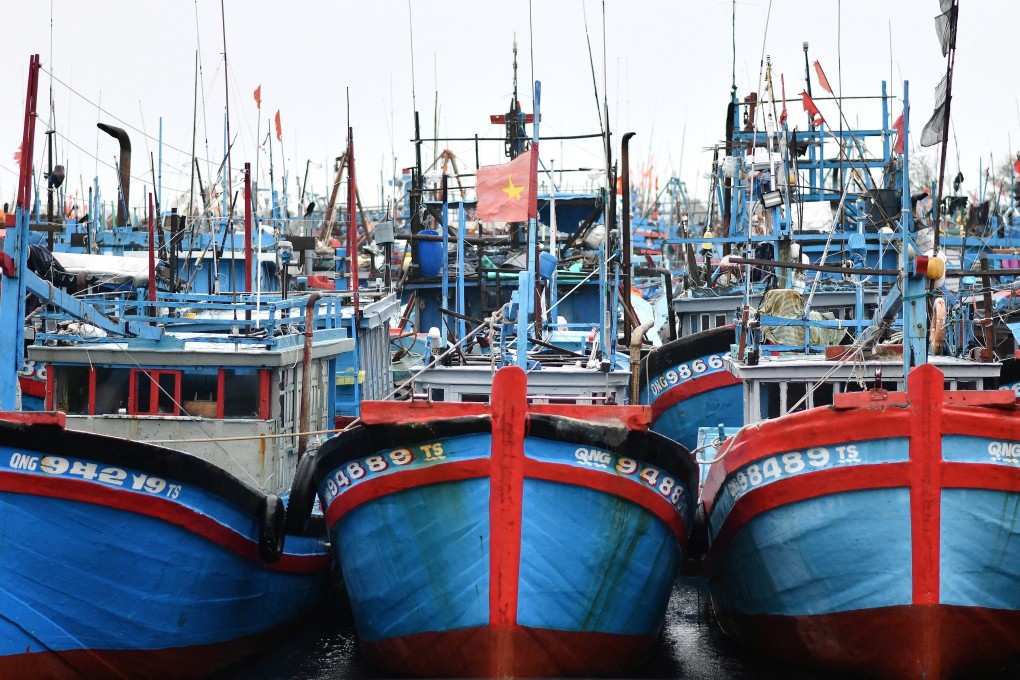Advertisement
South China Sea: Vietnam building up its maritime militia, magazine says
- Activities in waters near Hainan, Paracel and Spratly islands have ‘threatened China’s maritime law enforcement and national defence security’, Naval and Merchant Ships says
- Matter must be ‘taken seriously and dealt with in a timely manner’, it says
Reading Time:2 minutes
Why you can trust SCMP
61

Vietnam is building up its maritime militia in the South China Sea in an apparent challenge to Chinese efforts to dominate the disputed waterway, according to a Chinese military magazine.
Beijing claims almost all of the South China Sea, but Hanoi is one of several rival claimants. Like China, the Southeast Asian country has a long tradition of using its maritime militia to defend its claims.
“Vietnam’s maritime militia force and their activities in waters near Hainan, the Paracel Islands and Spratly Islands have threatened China’s maritime law enforcement and national defence security,” Naval and Merchant Ships magazine said in an article published last week.
Advertisement
The matter must be “taken seriously and dealt with in a timely manner”, it said.
Vietnam passed a law in 2009 that authorises its maritime militia to conduct sea patrols and surveillance, and confront and expel intruding foreign vessels in defence of Vietnamese-controlled islands and reefs.
Advertisement
Advertisement
Select Voice
Choose your listening speed
Get through articles 2x faster
1.25x
250 WPM
Slow
Average
Fast
1.25x
